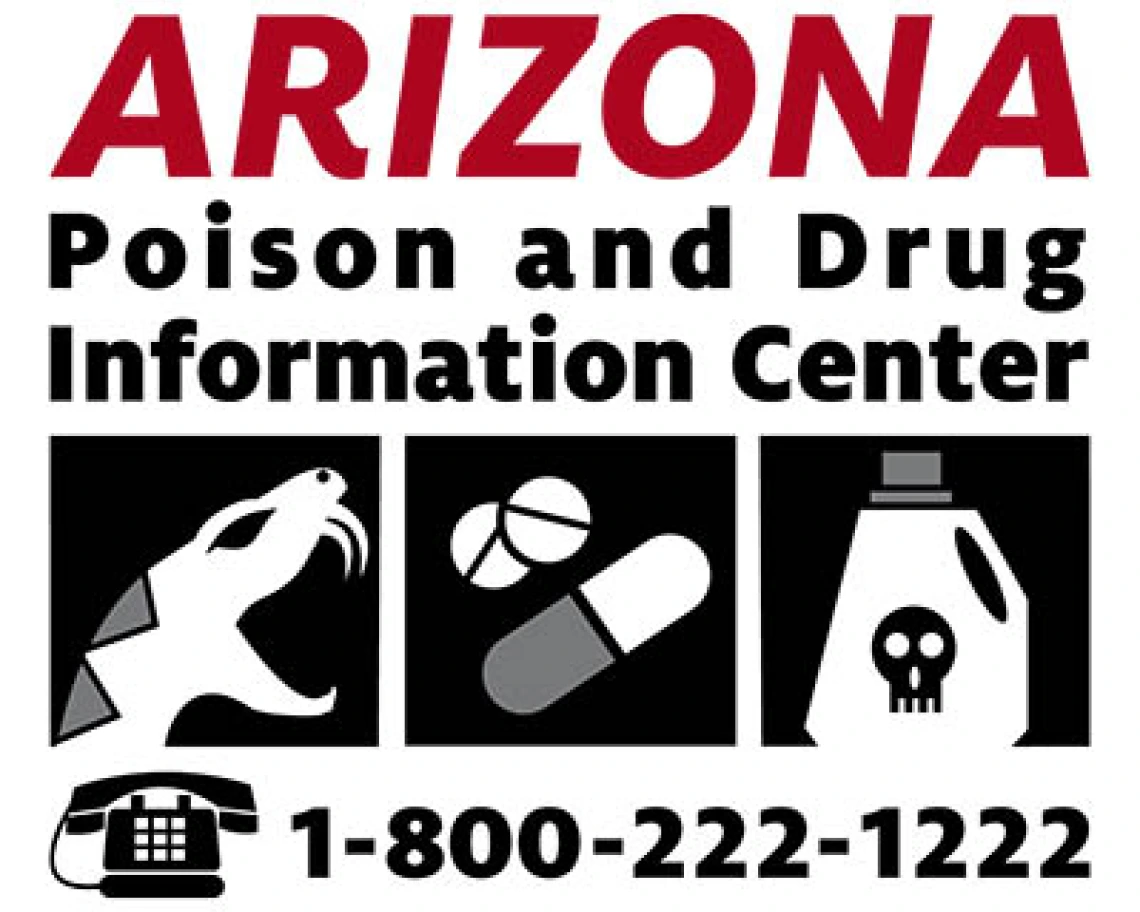UArizona Poison Center Warns of Toxic Alcohol Poisonings from Contaminated Hand Sanitizer

TUCSON, AZ — The Arizona Poison and Drug Information Center (AzPDIC) at the University of Arizona College of Pharmacy received an influx of calls this month from Northern Arizona regarding hospitalizations due to toxic alcohols (methanol), reportedly related to hand sanitizer.
 Methanol is a type of alcohol not meant for consumption used to create fuel, solvents and antifreeze. A colorless liquid, it is volatile, flammable, and – unlike ethanol – poisonous for human consumption.
Methanol is a type of alcohol not meant for consumption used to create fuel, solvents and antifreeze. A colorless liquid, it is volatile, flammable, and – unlike ethanol – poisonous for human consumption.
Hand sanitizer normally does not contain methanol so it’s believed there may be a contaminated or homemade source circling through the affected communities. These products are very dangerous and can result in death.
“We are working with the state and county health departments to warn Arizonans and, hopefully, prevent any more illnesses and deaths from this,” said Steve Dudley, PharmD, DABAT, director of the AzPDIC.
 “The sudden spike in cases has been seen in Apache County and Navajo Nation. We understand hand sanitizer abuse exists and while we never recommend ingesting it, now is an especially dangerous time for people to consume these products.”
“The sudden spike in cases has been seen in Apache County and Navajo Nation. We understand hand sanitizer abuse exists and while we never recommend ingesting it, now is an especially dangerous time for people to consume these products.”
If you or a loved one believe there has been exposure to any poison, medication or chemical, please call the poison center immediately at 1-800-222-1222. The poison center can assist in the evaluation and management and help determine if it is necessary to seek additional medical attention.
# # #
NOTE: Images available upon request.
About the Arizona Poison and Drug Information Center
The Arizona Poison and Drug Information Center is a center of excellence at the University of Arizona College of Pharmacy. Staffed by specially trained pharmacists, it is certified by the American Association of Poison Control Centers. The center offers a public health service and provides a training site for students and health-care professionals. The AzPDIC hotline is open 24/7 year-round. Call 1-800-222-1222 or visit the website at azpoison.com with questions regarding any poison, drug, or chemical exposure.
About the University of Arizona College of Pharmacy
The University of Arizona College of Pharmacy is the premier pharmacy college in the Southwest, and one of the top in the nation, focused on drug discovery, toxicology, pharmaceutics, health outcomes and sciences, pharmaceutical education and research through interprofessional training and collaborative public/private partnerships. Preparing pharmacists and pharmaceutical scientists in undergraduate, professional, graduate and post-doctoral programs, the college embraces an entrepreneurial spirit, providing tailored educational opportunities to broaden students' experiences. Established 72 years ago as the first health sciences college at UArizona, the college has a long history of improving science and health, both in Arizona and around the world. It is currently ranked No. 8 among the nation’s 143 colleges of pharmacy by the American Association of Colleges of Pharmacy. For more information: pharmacy.arizona.edu (Follow us: Facebook | Twitter | Instagram | YouTube).
About the University of Arizona Health Sciences
The University of Arizona Health Sciences is the statewide leader in biomedical research and health professions training. UArizona Health Sciences includes the Colleges of Medicine (Tucson and Phoenix), Nursing, Pharmacy, and the Mel and Enid Zuckerman College of Public Health, with main campus locations in Tucson and the Phoenix Biomedical Campus in downtown Phoenix. From these vantage points, Health Sciences reaches across the state of Arizona, the greater Southwest and around the world to provide next-generation education, research and outreach. A major economic engine, Health Sciences employs nearly 5,000 people, has approximately 4,000 students and 900 faculty members, and garners $200 million in research grants and contracts annually. For more information: uahs.arizona.edu (Follow us: Facebook | Twitter | YouTube | LinkedIn | Instagram).

